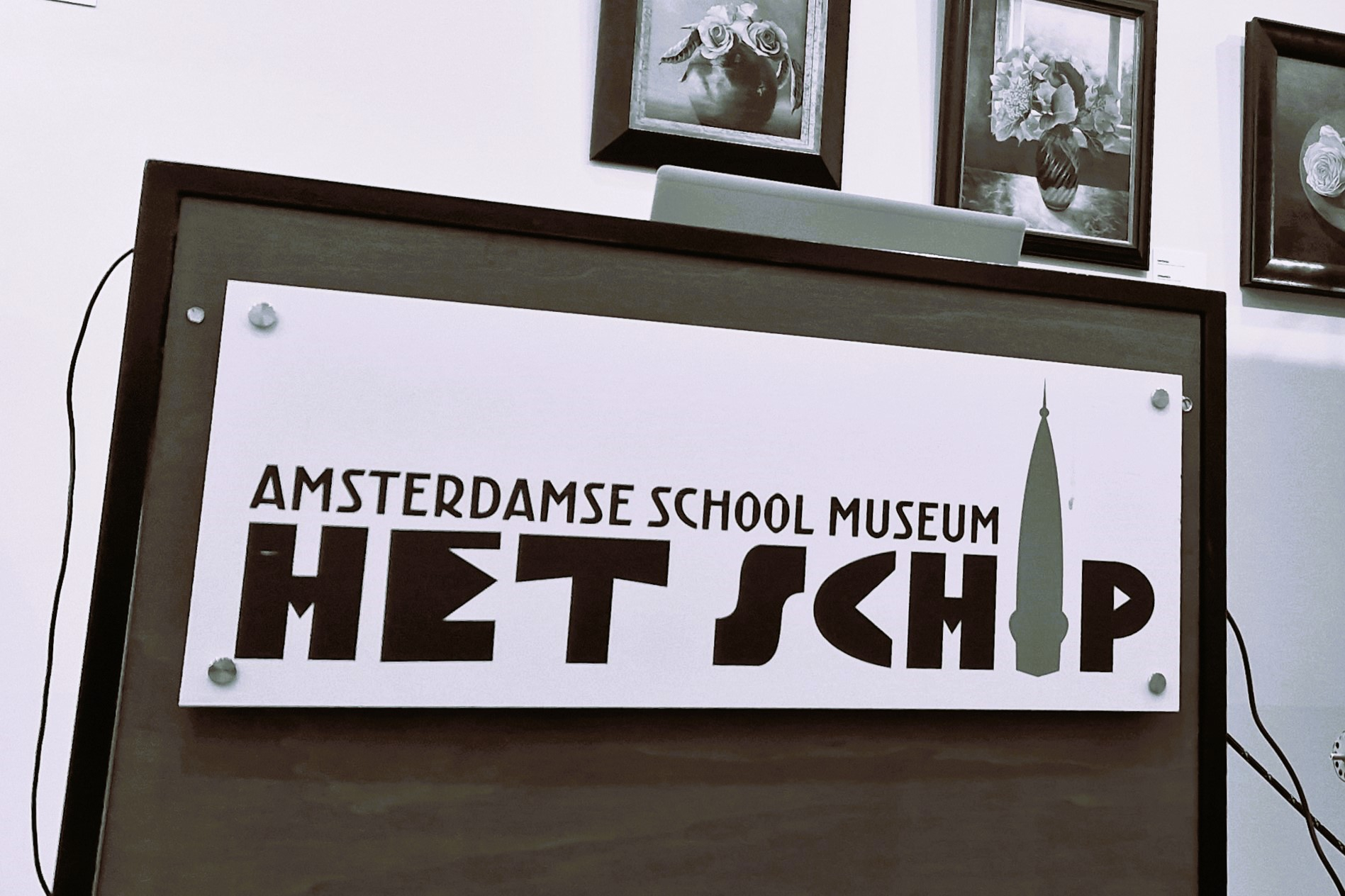Red Card for Forced Evictions Related to Mega Sports Events
Maria Niemelä (EVICT student researcher)
The home is at the center of the actualization of many human rights. In the famous words of Sir Edward Coke, ‘[e]veryone’s house is his safest refuge’. Article 17 of the ICCPR stipulates that “[n]o one shall be subjected to arbitrary or unlawful interference with his privacy, family, home or correspondence”, and further that “[e]veryone has the right to the protection of the law against such interference or attacks”.
The origins of the right to privacy are said to lie with the right to property, which worked to demarcate the physical boundaries of the developing concept of the personal, private sphere.
The origins of the right to privacy are said to lie with the right to property, which worked to demarcate the physical boundaries of the developing concept of the personal, private sphere. Lockean philosophy concerning the social contract views one’s property as a means for individuals to be free from state interference while still being subjects of the law. State interference is thus allowed to the extent permitted by law, which is drafted by the legislature representing the will of the majority. According to Locke, power must only be used for the public good.
The impact of sports events on housing and human rights
Recently the international community was reminded of the impact mega sports events can have on the private lives of individuals living in the hosting country.
Hosting big global events such as the Olympic Games and the FIFA World Cup comes with a need to make space for accommodation and transportation infrastructure, which often comes at the expense of private property and the housing rights of many.
Hosting big global events such as the Olympic Games and the FIFA World Cup comes with a need to make space for accommodation and transportation infrastructure, which often comes at the expense of private property and the housing rights of many.
Often, the criminalization of homelessness and informal activities, displacement, and the lack of alternative housing takes place in connection to these events. A particularly serious form of interference takes place when a person is forcibly evicted from their home or settlement.
Development-based evictions
The evictions taking place in connection to mega sports events are argued to be development-based evictions, meaning that they are often said to be conducted to serve the interests of the public, and therefore, in accordance with Lockean standards for justified state interference.
The evictions taking place in connection to mega sports events are argued to be development-based evictions.
What has been said internationally about such evictions, is that they must only be undertaken in exceptional circumstances, and for the sole purpose of promoting the general welfare. The accruing general welfare must be evident, and the steps taken by States must be consistent with their overall international human rights obligations, or otherwise they will qualify as forced evictions and thus, gross violations of international human rights law.
Forced evictions?
The prohibition of forced evictions follows from article 11(1) of the ICESCR, which guarantees the right to adequate housing. They can be defined as ‘[t]he permanent or temporary removal against their will of individuals, families and/or communities from the homes and/or land which they occupy, without the provision of, and access to, appropriate forms of legal or other protection’.
The issue with mega sports events is that the provision of legal or other protection against forced eviction may exist in the form of a legal basis as required by Lockean standards for state interference, but the law may not be appropriate by definition of international human rights standards. Contrary to a popular belief, forced evictions may still take place even if they happen pursuant to the law. The preparations for mega sports events often involve the promulgation of special laws that grant authorities the power to evict in the public interest. For example, prior to the Sochi Olympics in Russia in 2014, Law 301 acted as the legal basis for clearing the area of over 1000 homes to create space for sports facilities, resulting in an interference with the private lives of many.
Evictions should only take place when they are unavoidable. Therefore, the access to legal and other protection becomes of great importance in the protection of individual rights. It is essential that when eviction takes place that the evictees receive fair compensation and, more importantly, alternative housing.
Conclusion
Mega sport events have enormous potential to interfere with (or even violate) the private lives of people and their rights to security of the home. One can wonder if these interferences are always pursuing the public interest and if they promote general welfare. Forced removals especially intersect with the protection of human rights, such as the right to property and the right to housing. States hosting mega sport events should be aware of the thin line between promoting and facilitating the event and violating human rights. Behind all the glamor, global sport events often leave behind a shadow legacy of damage to vulnerable people.





